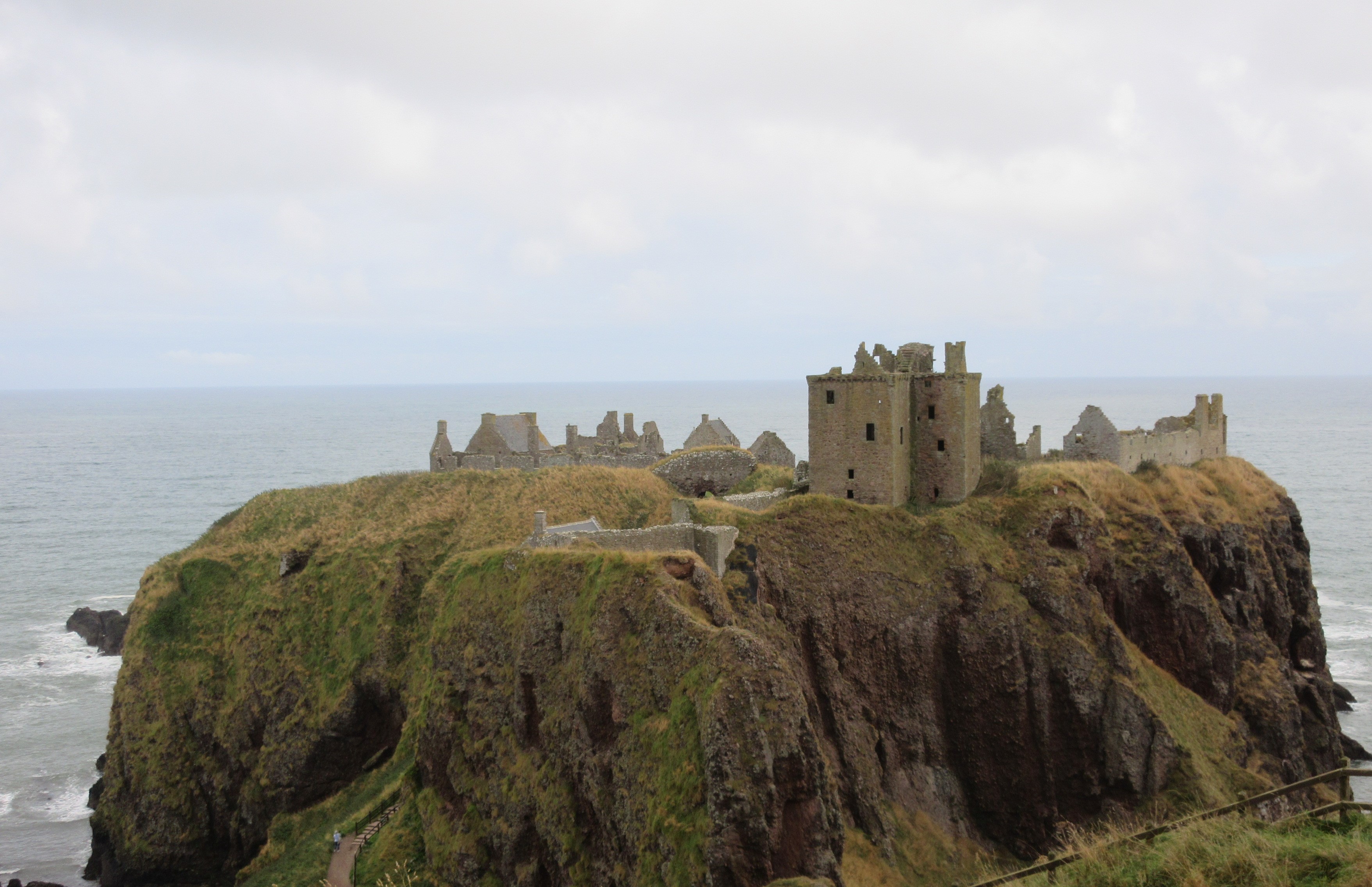
We all remember the story of the nation of Israel. We know of their slavery in Egypt and how 430 years later Charlton Heston delivered them through the Red Sea. They were headed to the promised land. We know they had to struggle in the wilderness some additional years because of their grumbling.
We know General Joshua took them across the river Jordan and into the Promised Land and how they occupied most, but not all of the land God had promised their ancestors Abraham, Isaac and Jacob way back in Genesis.
We know the nation of Israeli became prosperous and powerful, the envy of the neighboring kingdoms.
We know God gave them an intricate system of worship, first in the Tabernacle and then the Temples. The nation and its people were invested in their God and their worship of Him. There were godly priests and kings who led the nation and kept them safe.
Then there came a time when the priests and kings were no longer godly. The priests and kings told everyone they were godly. They even acted godly, but that was in public and just for show. In private, they were evil idol worshippers.
They had private rooms with no windows where they kept their idols. They did their very best to look godly, but when no one was watching, except God and the prophet Ezekiel, they were horribly corrupt. Much like the leaders of our day.
So after a time, God brought the Chaldeans to destroy Jerusalem. Many of the evil leaders were killed, the temple and the city destroyed and burned. Many of the people were taken captive to Babylon
Those who were captives lost everything. In addition to their homes, families, and possessions they were deprived of their temple, their priests, their ritual, and their worship.
Much of the book of Ezekiel chronicles this destruction.
But in Chapter 11, God tells us he had not forgotten his people, the ones who are prisoners in Babylon.
Here, my friend Matthew Henry with his 17th Century English perspective, picks up the story. Here’s what Matthew says.
God says in verse 16, “I will be to them a little sanctuary.” God did not just remember, He had never forgotten! The people who had lost everything and were captives surely felt as if they had been forgotten, but God had not.
“It is true I have cast them far off among the heathen and scattered them among the countries; they look as if they were an abandoned people, and so mingled with the nations that they will be lost among them; but I have mercy in store for them.” Note, God takes occasion from the contempts which are put upon his people to speak comfort to them, as David hoped God would reward him good for Shimei’s cursing. His time to support his people’s hopes is when their enemies are endeavouring to drive them to despair. Now God promises,
That he will make up to them the want of the temple and the privileges of it (v. 16): I will be to them as a little sanctuary, in the countries where they shall come. Those at Jerusalem have the temple, but without God; those in Babylon have God, though without the temple.
(1.) God will be a sanctuary to them; that is, a place of refuge; to him they shall flee, and in him they shall be safe, as he was that took hold on the horns of the altar. Or, rather, they shall have such communion with God in the land of their captivity as it was thought could be had nowhere but in the temple. They shall there see God’s power and his glory, as they used to see them in the sanctuary; they shall have the tokens of God’s presence with them, and his grace in their hearts shall sanctify their prayers and praises, as well as ever the altar sanctified the gift, so that they shall please the Lord better than an ox or bullock. (2.) He will be a little sanctuary, not seen or observed by their enemies, who looked with an evil and an envious eye upon that house at Jerusalem, which was high and great. They were but few and mean, and a little sanctuary was fittest for them. God regards the low estate of his people and suits his favours to their circumstances.”
Did you see that? Gods says He had always remembered. They were scattered but not forgotten. They looked abandoned but weren’t.
They no longer had the big fancy temple with all its gold, stone, furniture, and rituals, but He is going to give them a “little sanctuary” and the little sanctuary will be where? It will be where they are. They will have Him in their hearts. How great is this?
The idolatrous people left in the temple have just that. They have the temple, but they do not have God. Those who are captives have God, but not the temple. Which do you prefer?
God will be a sanctuary to them, a place of refuge. They will be safe!
If God remembers the captives in ancient Babylon He remembers you as well.
Don’t let a huge, magnificent building take the place of God. Instead, have a “little sanctuary” where you are…in your heart.
And when tou think everything has been taken from you… there can still be a “little” sanctuary.
Do we have a great God or what?

Thanks Matt…
I enjoyed reading this, and thank you for this worshipful thought. I find the “little sanctuary” a big encouragement. We all need God’s sanctuary.
I couldn’t help but think how the passage turned things around the intent and conditions of these hidden spaces. The priests used their human-made sanctuary to worship idols secretly. God’s sanctuary is not a place of deceit, but rather it is pure, eternal, unbreakable. Thank you, Don.